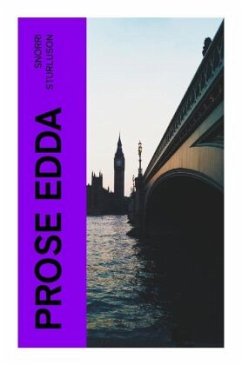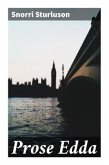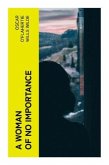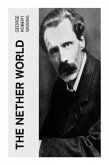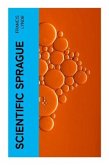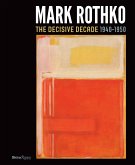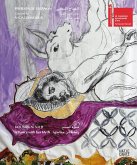The "Prose Edda," authored by Snorri Sturluson in the early 13th century, serves as a foundational text for understanding Norse mythology and poetic tradition. Written in a clear and engaging prose style, the work systematically documents Stories of gods, heroes, and the creation and eventual destruction of the world, known as Ragnarok. Organized into distinct sections, the "Prose Edda" serves both as a guide to old Norse poetics and a normative depiction of mythological narratives, seamlessly blending scholarly exposition with vibrant storytelling. Snorri's adept use of literary techniques, such as vivid imagery and allegory, enriches this profound exploration of Scandinavian cultural heritage. As a prominent chieftain and historian from Iceland, Snorri Sturluson's life heavily influenced the creation of this ambitious work. Living during a time of political turmoil as well as cultural renaissance, his intimate knowledge of both the oral and written traditions of Norse lore equipped him with unique insight into the mythic past. Snorri's intentions-to preserve these sagas amid the inevitable decline of the pagan tradition-reflect a desperate yearning to maintain cultural identity and history. Readers interested in mythology, history, or literature itself will find the "Prose Edda" to be an indispensable resource. With its profound implications for understanding medieval Norse society and its enduring influence on modern fantasy and literature, this text promises to captivate and enlighten anyone willing to delve into the rich tapestry of Norse legends.
Bitte wählen Sie Ihr Anliegen aus.
Rechnungen
Retourenschein anfordern
Bestellstatus
Storno

